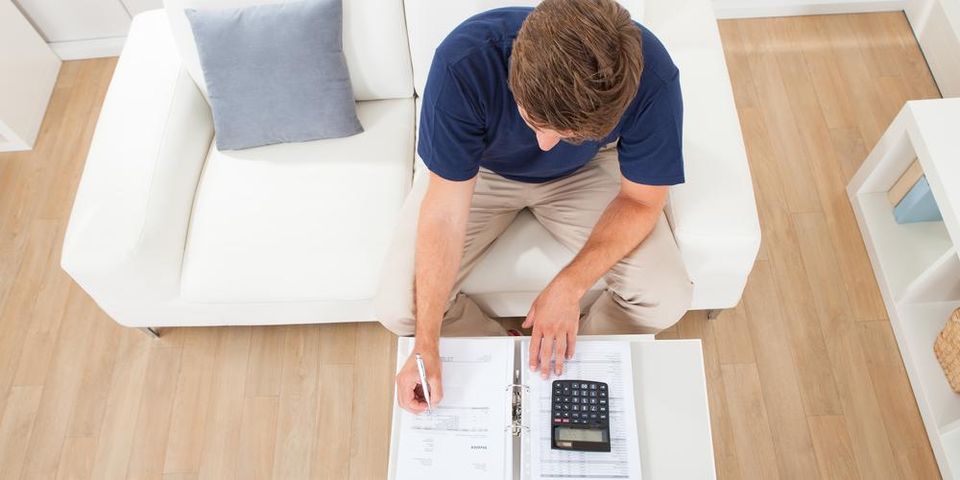Should You Choose Chapter 7 or Chapter 13 Personal Bankruptcy?

If you have taken on more debt than you can reasonably pay off, filing for personal bankruptcy is an effective solution. However, choosing which type is best for your situation can be challenging. Since there are many factors to consider, especially if you are eligible for both chapter 7 and chapter 13, you should discuss your circumstances with a bankruptcy attorney. In the meantime, here is what you should know about the proceedings.
Chapter 7 Bankruptcy
Chapter 7 is known as liquidation bankruptcy because debtors must surrender all nonexempt property to the trustee, who will sell it and use the funds to pay back creditors. Once liquidation is complete, any remaining applicable debts are discharged. The entire process typically takes between three and six months and ultimately provides the petitioner with a fresh start.
Before you can declare chapter 7 bankruptcy, though, you must pass a means test. This approach is generally for those who have little to no disposable income and cannot pay back creditors even if they were given a more manageable payment plan.
Chapter 13 Bankruptcy
 Known as reorganization bankruptcy, chapter 13 helps debtors get back on their feet by implementing a repayment plan instead of liquidating property, which they follow for three to five years. Any applicable debts that remain after the plan has ended are discharged.
Known as reorganization bankruptcy, chapter 13 helps debtors get back on their feet by implementing a repayment plan instead of liquidating property, which they follow for three to five years. Any applicable debts that remain after the plan has ended are discharged.
Individuals are typically eligible to declare chapter 13 if they earn a living wage that provides some disposable income. They must also have less than the maximum allowable debt limit, which is no more than $394,725 in unsecured debt and $1,184,200 in secured debt. This type of personal bankruptcy is ideal for those who want to retain their property, but need a little help getting out from under missed payments and overdue bills.
If you’re thinking about declaring personal bankruptcy, but you’re not sure whether chapter 7 or chapter 13 is the better approach, turn to Donald L. Spafford Jr. Attorney at Law. Based in Honolulu, this debt relief lawyer has been helping both individual and commercial clients regain their financial footing for more than 30 years. In addition to bankruptcy law, he is well versed in business litigation and commercial transactions. To request an initial consultation, call (808) 532-6300, or visit the website to learn more about his practice areas.
About the Business
Have a question? Ask the experts!
Send your question

